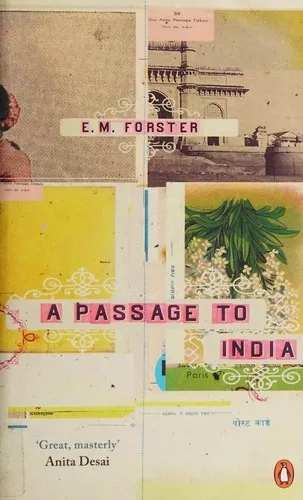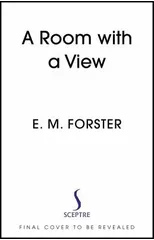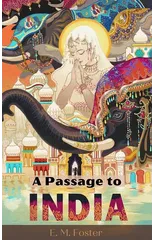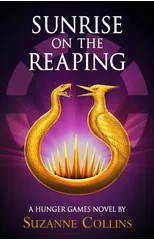Exploring issues of colonialism, faith and the limits of comprehension, E.M. Forster's A Passage to India is published as a Penguin Essential for the first time. When Adela Quested and her elderly companion Mrs Moore arrive in the Indian town of Chandrapore, they quickly feel trapped by its insular and prejudiced 'Anglo-Indian' community. Determined to escape the parochial English enclave and explore the 'real India', they seek the guidance of the charming and mercurial Dr Aziz, a cultivated Indian Muslim. But a mysterious incident occurs while they are exploring the Marabar caves with Aziz, and the well-respected doctor soon finds himself at the centre of a scandal that rouses violent passions among both the British and their Indian subjects. A masterly portrait of a society in the grip of imperialism, A Passage to India compellingly depicts the fate of individuals caught between the great political and cultural conflicts of the modern world. 'His great book ... masterly in its presence and its lucidity' Anita Desai
E M Forster
E. M. Forster (1879-1970) was an English novelist known for his exploration of class differences and human relationships. His most notable works include "A Room with a View," "Howards End," and "A Passage to India." Forster's writing style is characterized by its clarity, wit, and insight into the complexities of human emotions. He is credited with portraying the inner lives of his characters with sensitivity and depth. Forster's contributions to literature include his exploration of themes such as imperialism, social injustice, and the struggle for personal freedom. His most famous work, "A Passage to India," is considered a masterpiece of modernist literature and continues to be studied and celebrated for its poignant portrayal of the clash between British colonizers and Indian natives. Forster's work has had a lasting impact on the literary genre of the novel, influencing generations of writers with his thoughtful exploration of the human experience.











